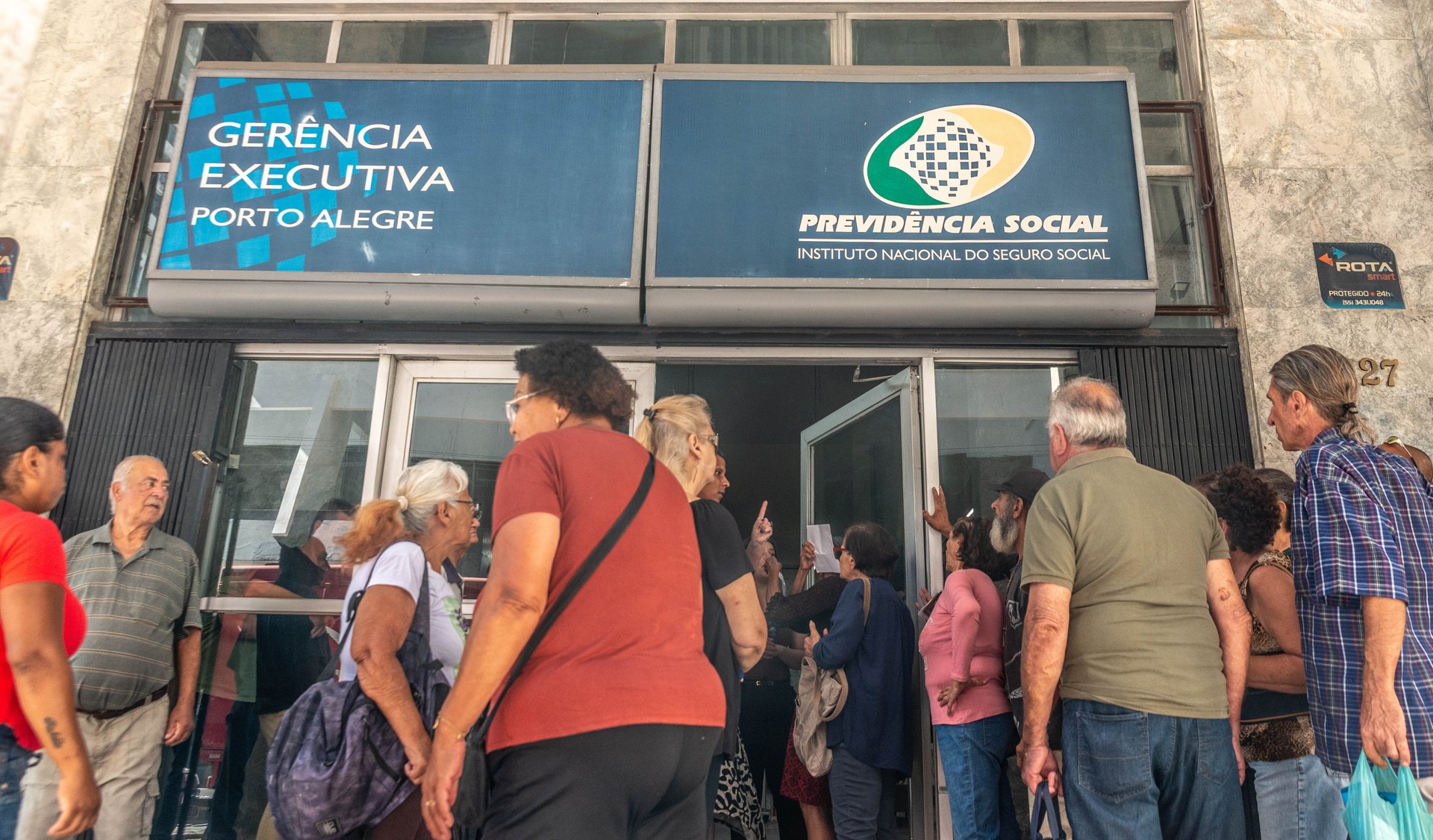A blitzkrieg of self-protection. It began after the Supreme Court convicted former President Jair Bolsonaro for attempting a coup d’état, and justices authorized dozens of anticorruption investigations into how lawmakers allocate federal funds — as well as suspending those money transfers themselves.
In response, in the space of a single week, the Brazilian House:
Approved a constitutional amendment proposal known as the impunity bill — tantamount to a “Get Out of Jail Free card” that would make it nearly impossible for federal and state legislators to be investigated or prosecuted for corruption or any other crimes.
It also passed a motion to fast-track a bill granting amnesty to those convicted of crimes against democracy, Bolsonaro included.
Finally, the House saw the Liberal Party appoint Bolsonaro’s son, Congressman Eduardo Bolsonaro, as minority whip — a cynical move to protect him from losing his seat for absenteeism, given that he has spent months in the United States lobbying for sanctions on Brazil in an effort to save his father from prison.
The backlash against Congress was immediate. Senators rushed to declare that they wouldn’t approve the impunity bill, and the amnesty bill began to lose momentum as well. Still, this whirlwind of legislation rekindled a flame that had long seemed extinguished, and tens of thousands of people took to the streets of Brazil’s major cities over the weekend in protest.
For the first time in years, the left displayed a mobilizing power rivaling that of Bolsonarism. And the effect was almost immediate, with multiple lawmakers backing down on their support for the impunity bill, and others even saying that the amnesty push is as good as dead. And Eduardo Bolsonaro’s appointment as minority whip has also been blocked.
In the middle of one of Congress’s most anti-republican moments, democracy showed it is still alive. To discuss the nuts and bolts of these latest developments, our guest is Mário Sérgio Lima, a senior Brazil analyst at Medley Global Advisors.
In this conversation, he unpacks:
What has changed in the ties between the lower house and society
What explains the differences between the Senate and House
How the current alliance between Bolsonarism and the Big Center works
Whether members of Congress have reasons to complain about Brazil’s justice system
Why the recent demonstrations reveal new trends in Brazilian politics










